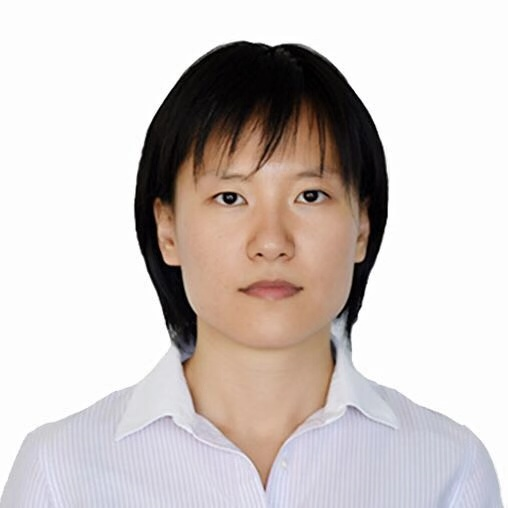Topic:Materials and Packaging Research for Power Electronics Integration 
Time: 14:00-16:00 p.m., Thursday, Nov. 21st
Speaker: Dr. Yi Yan of Texas Instruments Incorporated
Venue: Room 401, Applied Electronics Building
Abstract:
Part 1: Advanced Joining in Power Electronics by Silver Sintering: Silver sintering is emerging as an advanced joining technology for manufacturing power electronics devices/modules. Compared with traditional soldered joints, sintered silver joints have the advantages of lead-free, higher thermal and electrical conductivities, higher reliability, and ability to support higher junction temperature. It has been extensively reported that the sintered joint performance and reliability depend strongly on the properties of the powder material, the surface finish on bonding parts, and temperature-time-pressure profile. The purpose of this research is to help the audience to gain better understanding of the joining process by reviewing fundamental principles of silver sintering and adhesion at the interfaces, discussing effect of sintering atmosphere, and offering practical considerations for developing a die-attach process based on silver sintering.
Part 2: Additive Manufacturing (3D Printing) of Magnetic Components: Integration of inductors and transformers in power electronics circuits is challenging due to the large core volume or unconventional geometries required to distribute flux or control coupling. The technical challenges in this research mainly involve formulating stable soft magnetic materials and metallic materials for the 3D printer, and utilizing appropriate 3D printing technology to fabricate magnetic components. An extrusion-based 3D printer is the selected equipment for fabricating the magnetic components due to the high flexibility of its feed materials. A commercial nanosilver paste is a suitable winding material for printing. Several types of low-temperature curable magnetic pastes are formulated as the feed materials for printing the magnetic cores. For demonstrating the feasibility of 3D printing magnetic components, magnetic components with complex structures are designed and the effects of printer parameters and material viscosity on print quality are investigated. The purpose of this research is to help the audience open the mind to utilize the 3D printing technology in the areas of power electrics integration.
About the speaker:
Yi (Yasmine) Yan received the B.S. degree in polymer materials science and engineering from Wuhan Institute of Technology, Hubei, China, in 2009, the M.S. degree in material chemical engineering from Tianjin University, Tianjin, China, in 2012 and the Ph.D. degree in materials science and engineering from Virginia Tech (CPES), Blacksburg, VA, in 2017.
Yi Yan currently works in Texas Instruments Incorporated (Santa Clara, CA) as a Packaging Engineer and a Project Manager.



